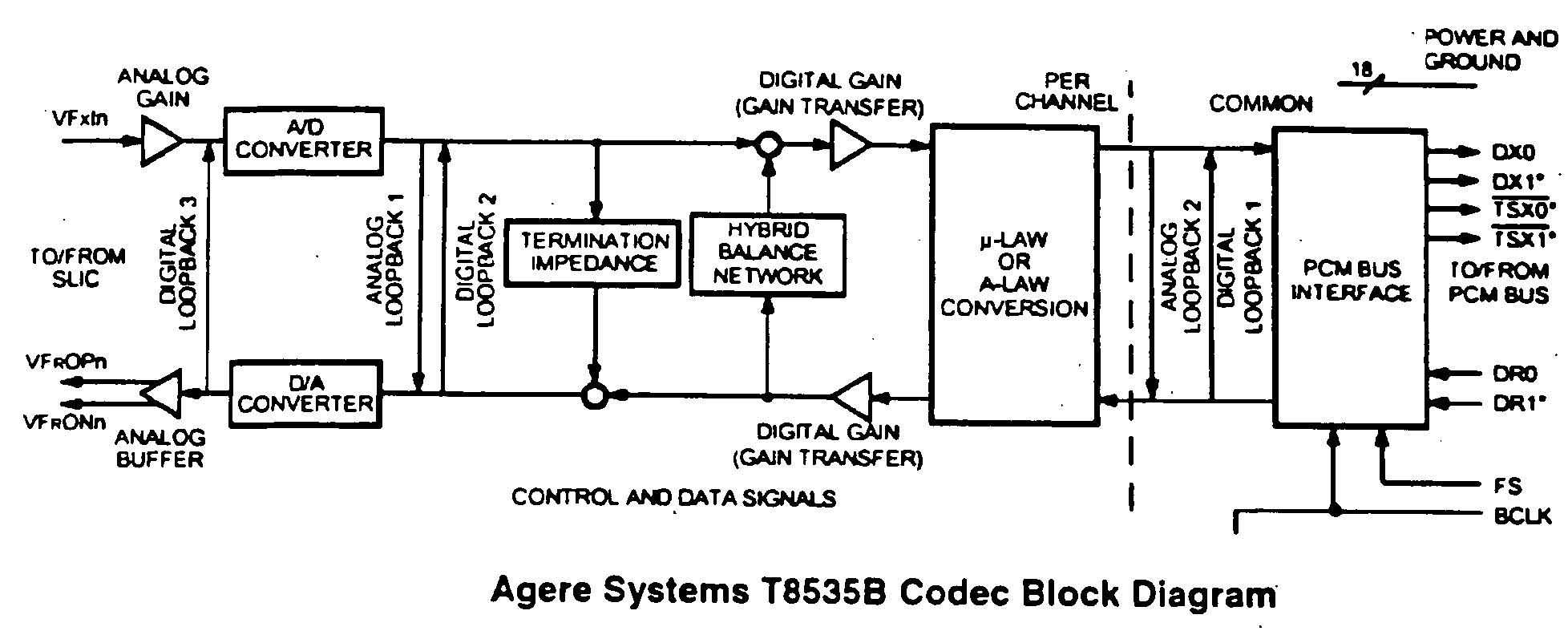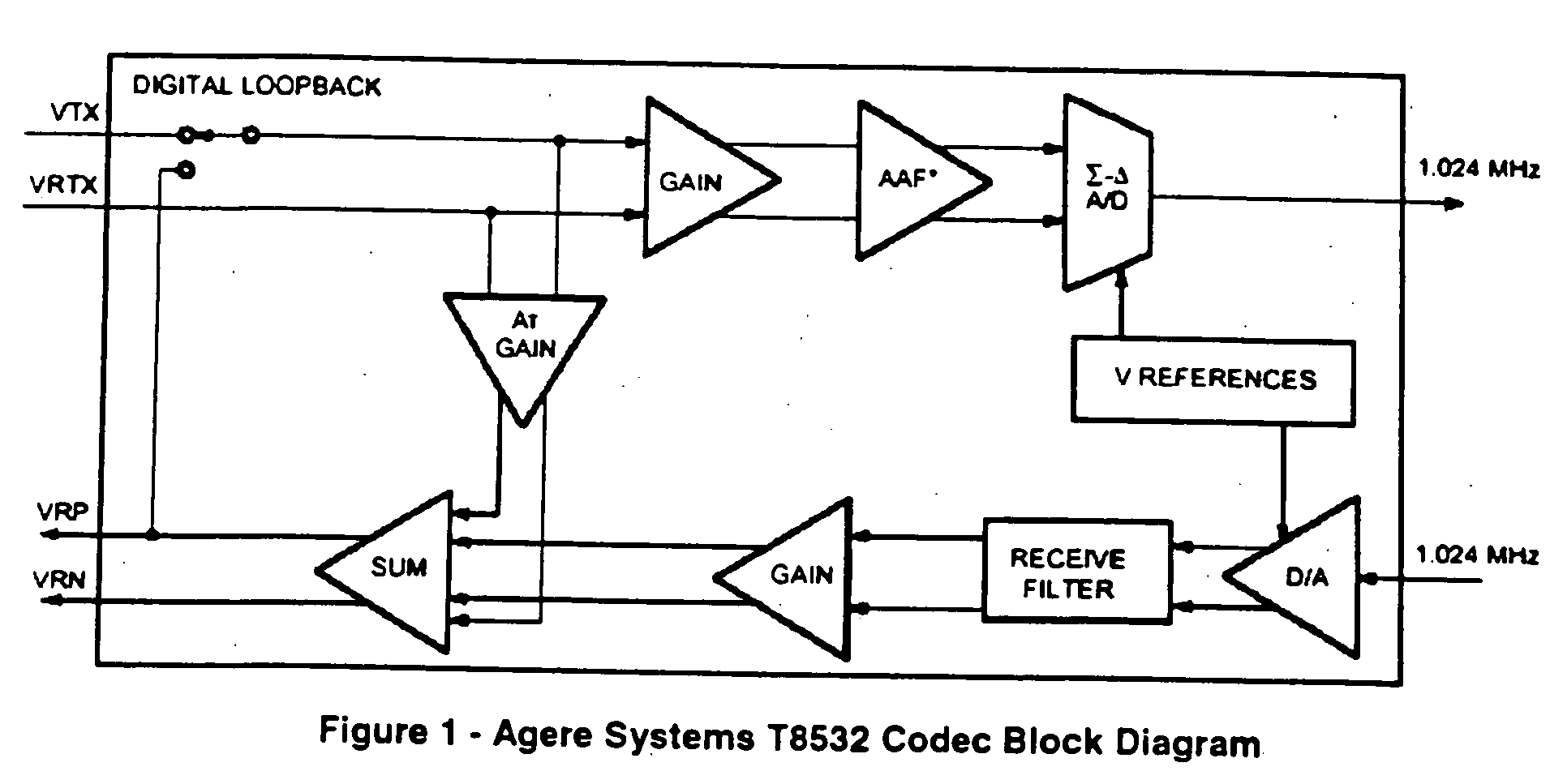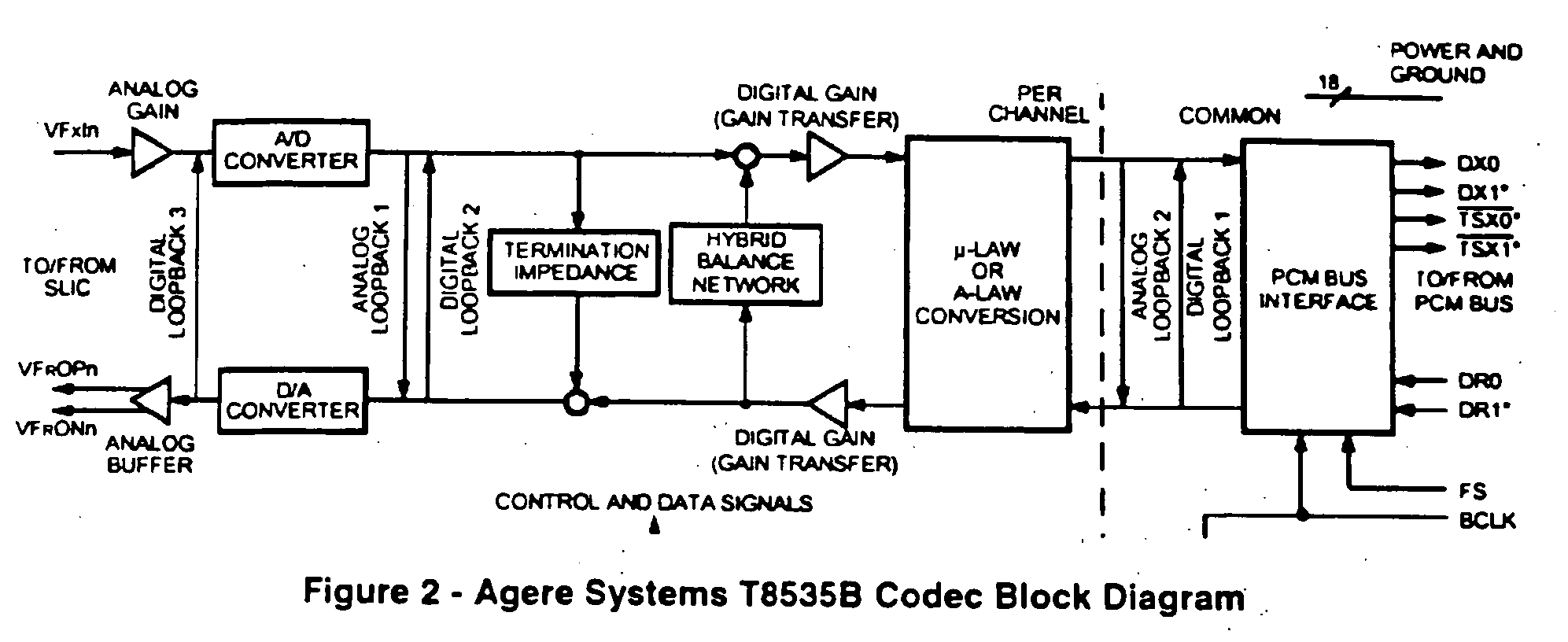3-Way call detection system
a three-way call and detection system technology, applied in the field of telephones, can solve the problems of inability to reliably and accurately detect new parties in conventional systems, and achieve the effects of improving the reliability of three-way call detection, and reducing the number of calls
- Summary
- Abstract
- Description
- Claims
- Application Information
AI Technical Summary
Benefits of technology
Problems solved by technology
Method used
Image
Examples
Embodiment Construction
[0017] The following is a sequence of events that may occur when a caller adds a third-party call using a 3-way calling service.
[0018] 1. First, the prisoner (or similar person) may call a telephone number that is not blocked or otherwise restricted. The recipient of the call answers the phone.
[0019] 2. Once the initial call is established, a communication path with fairly constant electrical characteristics is formed.
[0020] 3. At some point, the party that has been called (and who is not subject to the correctional institutes calling restrictions) decides to add a third party. The called party may use a hook flash sequence to put the caller on hold or he / she may have a more modern phone or PBX that does not use a hook flash. Even in the latter case of no hook flash, one or more periods of silence will occur, along with a release pulse, when the 3-way call becomes active.
[0021] 4. Once the 3-way call is established, since another section of phone line has effectively been added ...
PUM
 Login to View More
Login to View More Abstract
Description
Claims
Application Information
 Login to View More
Login to View More - R&D
- Intellectual Property
- Life Sciences
- Materials
- Tech Scout
- Unparalleled Data Quality
- Higher Quality Content
- 60% Fewer Hallucinations
Browse by: Latest US Patents, China's latest patents, Technical Efficacy Thesaurus, Application Domain, Technology Topic, Popular Technical Reports.
© 2025 PatSnap. All rights reserved.Legal|Privacy policy|Modern Slavery Act Transparency Statement|Sitemap|About US| Contact US: help@patsnap.com



